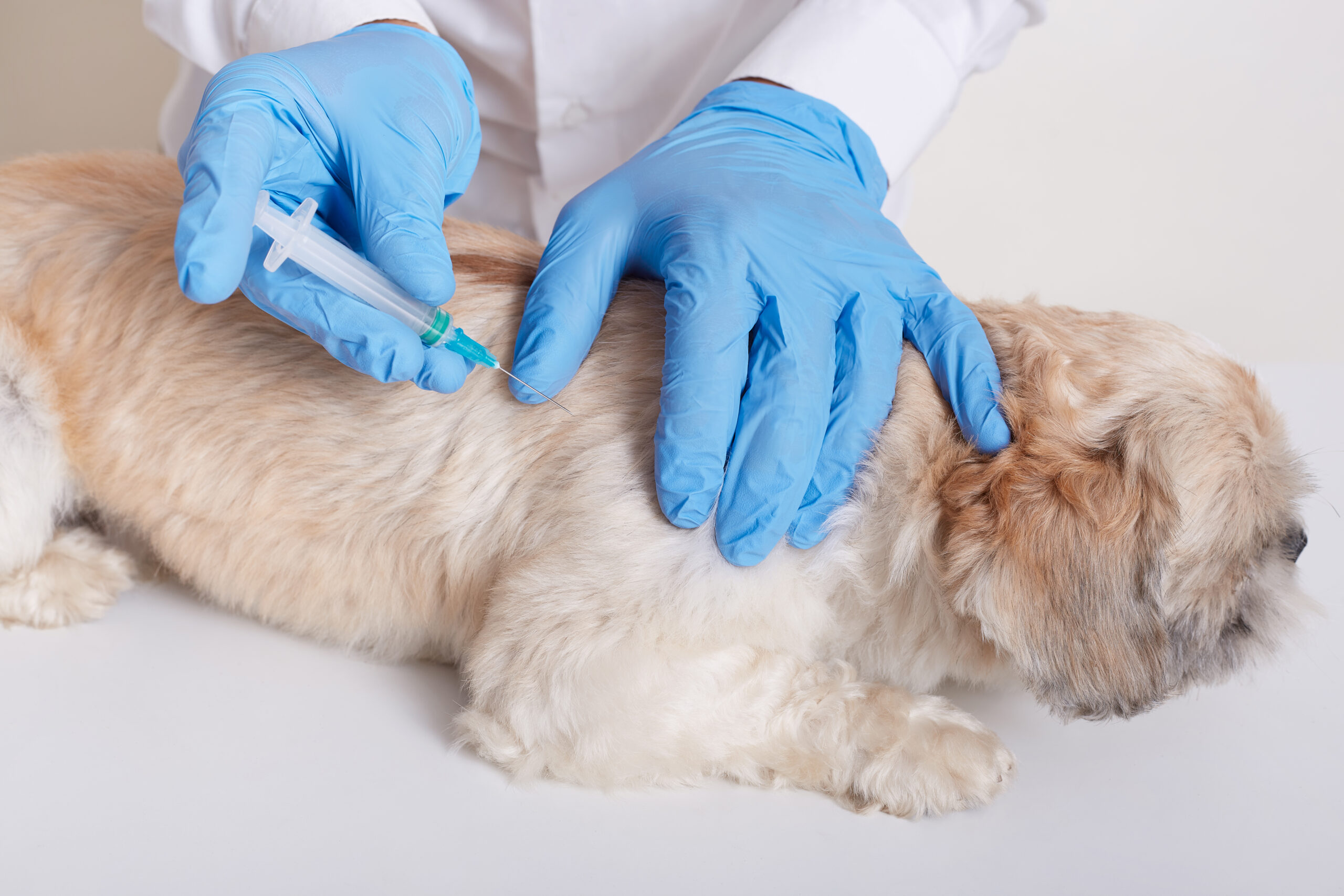Every pet owner wants their furry friend to live a long, joyful, and healthy life. Whether it’s a playful pup or a curious kitten, our pets depend on us to keep them safe from harm, including diseases that can threaten their health. One of the most effective ways to ensure this safety is through regular vaccinations.
In recent years, veterinarians have emphasized the importance of annual pet vaccination as a vital part of responsible pet ownership. These vaccinations protect your pets from a wide range of illnesses and also contribute to a healthier community of animals overall.
Let’s explore why annual vaccinations are so essential and how they help your beloved pets stay strong, protected, and happy all year round.
Understanding Pet Vaccinations
Vaccinations are special biological preparations that help your pet’s immune system recognize and fight harmful diseases. When administered, they introduce a safe version of a virus or bacteria into your pet’s body, not enough to cause illness, but enough to train their immune system to respond effectively if they encounter the real infection later.
For instance, vaccines protect dogs from dangerous diseases like rabies, parvovirus, and distemper, while cats are safeguarded from feline leukemia and herpesvirus. These are not just mild illnesses; some can be fatal or cause lifelong health issues if left unchecked.
That’s why annual pet vaccination Dubai is more than a medical recommendation; it’s a loving act of protection.
Why Annual Vaccinations Matter for Your Furry Friend
Vaccination is not a one-time event. Immunity fades over time, and booster shots are necessary to maintain your pet’s resistance. Just like humans, pets need their immunity refreshed to ensure continuous protection.
Here’s why annual vaccinations are so crucial:
1. Protection Against Life-Threatening Diseases
Vaccines act as your pet’s invisible armor. They provide protection against deadly diseases that can spread quickly among animals. Rabies, for example, is not only fatal to pets but also poses a serious risk to humans.
2. Supporting Preventive Healthcare
Vaccinations are a core part of preventive pet care, helping veterinarians identify and manage health risks before they escalate. By preventing diseases rather than treating them, you save your pet from unnecessary suffering and yourself from unexpected medical bills.
3. Ensuring Public Safety
Vaccinated pets are not only safer themselves but also protect other animals and people they come into contact with. A community that maintains up-to-date vaccinations reduces the overall spread of infectious diseases.
4. Long-Term Cost Savings
Prevention is always more affordable than treatment. Diseases like distemper or parvovirus require expensive hospitalization and prolonged recovery. Routine vaccinations cost far less and offer long-lasting peace of mind.
What Vaccines Do Pets Need?
The type of vaccines your pet needs depends on several factors, including their species, age, lifestyle, and health condition.
For Dogs:
- Core Vaccines: Rabies, Canine Distemper, parvovirus, adenovirus
- Non-Core Vaccines (as needed): Bordetella (kennel cough), leptospirosis, canine influenza
For Cats:
- Core Vaccines: Rabies, feline Viral Rhinotracheitis, calicivirus, panleukopenia
- Non-Core Vaccines (as needed): Feline leukemia Virus (FeLV), Bordetella
Your veterinarian will recommend a vaccination schedule based on your pet’s needs. Puppies and kittens generally receive a series of shots early in life, followed by annual boosters.
What Happens During a Vaccination Visit?
When you bring your pet for their vaccination, the visit involves more than just the injection. It’s also an opportunity for a comprehensive health check-up.
A veterinarian will:
- Review your pet’s medical history
- Conduct a physical examination
- Assess their weight, temperature, and behavior
- Recommend specific vaccines
- Monitor your pet for a few minutes after the shot to ensure there are no allergic reactions
These visits are also a great time to discuss other aspects of Preventive pet care Dubai, such as nutrition, dental hygiene, deworming, and flea/tick control.
Are There Any Side Effects?
Most pets handle vaccinations very well. Some may experience mild side effects like fatigue, a small bump at the injection site, or a slight fever, but these symptoms usually subside within a day or two.
Severe reactions are extremely rare, and your vet will always monitor your pet carefully. If your pet shows persistent vomiting, swelling, or lethargy, contact your vet immediately.
The benefits of vaccination far outweigh the minimal risks, ensuring that your pet enjoys a healthier, longer life.
Keeping a Vaccination Record
Always keep a record of your pet’s vaccination history. Many clinics provide vaccination cards or digital records for easy reference. These records are crucial for travel, boarding, and grooming services, as well as during emergencies.
Keeping your pet’s vaccination schedule updated shows your dedication as a caring owner, one who values their health and happiness above all.
Myths About Pet Vaccinations
Even today, some misconceptions about vaccinations persist. Let’s debunk a few:
- Myth: “Indoor pets don’t need vaccinations.”
Truth: Even indoor pets can be exposed to viruses or bacteria carried through shoes, clothes, or other animals. - Myth: “Older pets don’t need vaccines.”
Truth: Aging pets have weaker immune systems and still require protection. - Myth: “Vaccines make pets sick.”
Truth: Vaccines strengthen immunity; the rare side effects are mild and temporary.
Trust your veterinarian’s advice; they know what’s best for your furry friend.
Keeping Your Pet Happy, Healthy, and Protected with Companion Veterinary Clinic
At Companion Veterinary Clinic, we believe every wag, purr, and nuzzle deserves protection through proper care. Our team of compassionate veterinarians ensures your pet receives timely vaccinations and comprehensive preventive care. Whether it’s a playful puppy, a senior cat, or a rescue pet, we tailor vaccination schedules to meet their unique needs.
With advanced facilities and a gentle, pet-first approach, we make every visit a comfortable experience for both pets and parents. Stay proactive, stay caring, choose Companion Veterinary Clinic, where your pet’s health and happiness always come first.
FAQs
1. How often should my pet get vaccinated?
Most pets need annual vaccinations to maintain immunity. However, some vaccines may last longer. Your vet will advise based on your pet’s age and lifestyle.
2. Are there any side effects after vaccination?
Mild fatigue or slight swelling at the injection site is normal. Serious reactions are rare. Contact your vet if symptoms persist beyond 24 hours.
3. What if I miss my pet’s vaccination appointment?
Don’t worry, schedule a catch-up visit as soon as possible. Your vet will update the vaccination plan and ensure your pet stays protected.

